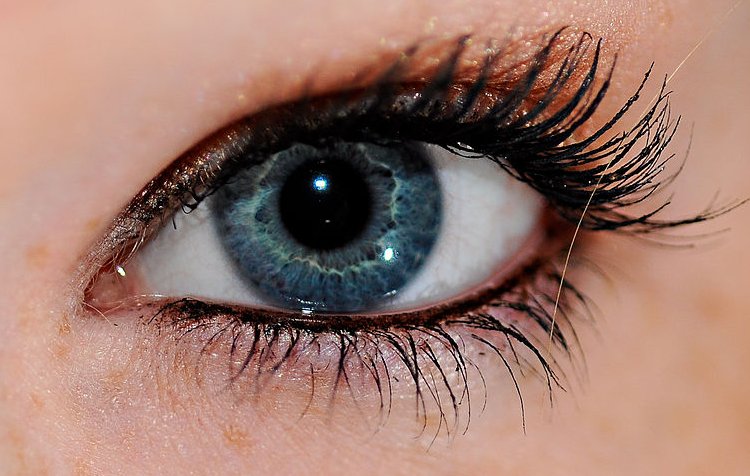

Do you ever walk down the street, convinced everyone you pass is staring you right in the face? First of all, it’s possible they are, so duck into an alley and use your phone’s front-facing camera to see if you have any weird dirt on your face or something. If there’s nothing there, keep walking.
A recent study from the University of Sydney, published this month in Current Biology, found that humans are hard-wired to think that strangers are staring at them. The way we can tell if people are staring at is us obvious; we look at the eyes and trace the gaze. But what’s interesting here is that when that kind of analysis is impossible–if the stranger is wearing sunglasses, say, or if our view of their face is obscured, we still tend to assume we’re being stared at.
The study showed a distinct bias toward assuming people are staring at us. The researchers theorize that this is protective; in many primates, direct gaze is a threatening or aggressive gesture, so you’d want to make sure not to miss if one was staring at you. So our brains give the benefit of the doubt that way–better to incorrectly think we’re being stared at than dismiss the idea and suffer the wrath of some other ape.
The next stage of the research is to figure out if this bias is learned or innate, and what that might tell us about those with autism or social anxiety, who tend to have skewed results (those with autism having a more difficult time telling if someone is looking at them, and those with social anxiety overestimating how often this happens).
You can read the brief over at the University of Sydney’s website.
